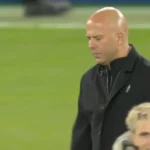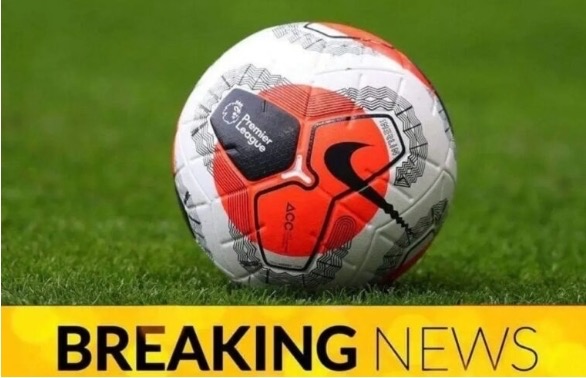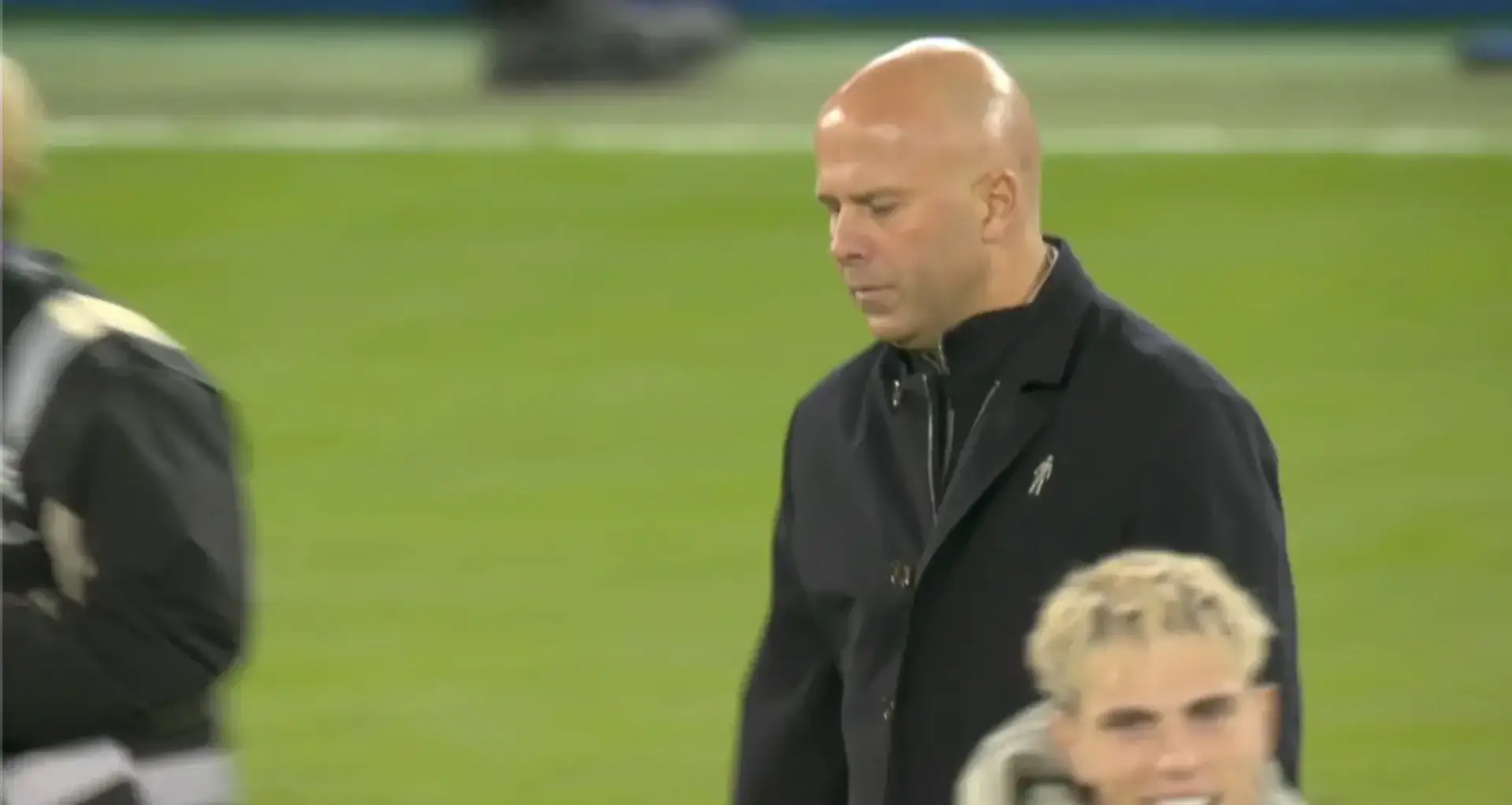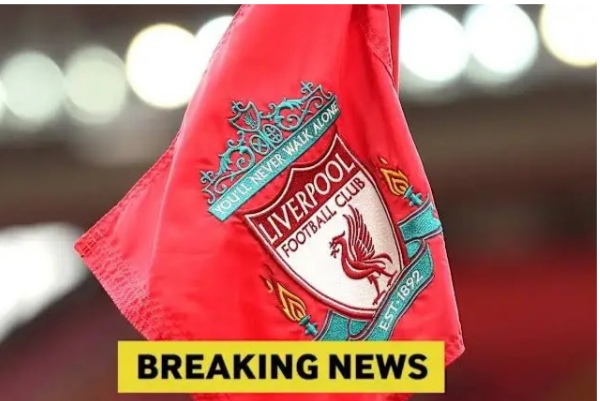Few voices in football carry as much weight at Manchester United as Wayne Rooney’s. The club’s all-time leading goalscorer and a figure synonymous with the last era of sustained success at Old Trafford, Rooney is rarely shy of voicing his opinion. This weekend, following United’s 3-1 defeat to Brentford, he delivered one of his strongest criticisms yet.
Speaking on his BBC Sport podcast, Rooney admitted he had wrestled with whether to comment at all. He knew his words would be widely picked up by the media, and he was conscious that they might intensify scrutiny on current manager Ruben Amorim. But ultimately, Rooney said he felt he had no choice. His love for the club, built on 13 years of wearing the shirt, compelled him to speak out.
“I care for the club,” Rooney said. “I was there for 13 years, and what is going on is not right. This is not all on the manager, by the way. I’m seeing players who don’t deserve to wear that shirt — and it hurts.”
Rooney’s Deep Connection to the Club
To understand the weight of these words, it’s important to remember what Rooney represents. He joined Manchester United in 2004 as a prodigy from Everton and went on to win every major honour available in club football. He became the club’s all-time top scorer with 253 goals and remains revered by many supporters as a symbol of passion, commitment, and leadership.
For Rooney to say publicly that players in the current squad “don’t deserve to wear the shirt” is not only a sharp criticism but a statement that cuts deep into United’s identity. He isn’t just a former player — he is someone who lived through the highest standards under Sir Alex Ferguson and knows what it means to represent the badge.
A Familiar Concern: Desire and Mentality
Rooney’s criticism is not new in theme, even if the delivery was particularly blunt. For years, questions have swirled about the mentality of Manchester United’s players. Former captains like Roy Keane have repeatedly highlighted a lack of fight and accountability in recent squads. Rooney’s latest words echo that same concern: that the issue is less about tactics or formations and more about character and desire.
Fans, too, will recognise the frustration. The sight of players dropping their heads after conceding, struggling to mount comebacks, or failing to track back defensively has become far too common at Old Trafford. When Rooney says he does not see enough fight, supporters know exactly what he means — because they’ve been watching it unfold week after week.
Not Just About the Manager
Significantly, Rooney was careful not to place all the blame on Ruben Amorim. The Portuguese coach, brought in during the summer to implement a new philosophy, is already under heavy pressure after a run of poor results. But Rooney’s words suggest the problems go beyond the manager’s tactics.
“This is not all on the manager,” he stressed. It’s a crucial point — because while managers come and go, the same issues with player mentality and inconsistency have persisted across multiple regimes. From José Mourinho to Ole Gunnar Solskjær, Erik ten Hag to Amorim, the cycle has repeated. Rooney’s comments highlight that perhaps it is not simply a tactical issue, but a deeper cultural one.
Echoes of the Past
What Rooney’s remarks truly underline is the gulf between the United of his era and the United of today. During his time at Old Trafford, United were relentless. Even when performances dipped, the fight rarely disappeared. Leaders like Nemanja Vidić, Rio Ferdinand, Ryan Giggs, and Rooney himself ensured standards remained high.
That culture seems absent now. Rooney’s lament that some players do not “deserve to wear the shirt” suggests a squad lacking accountability and pride. For a club built on resilience and high standards, it is a stinging indictment.
The Power of Rooney’s Voice
It matters, too, that Rooney has chosen this moment to speak out. As a respected figure who has only recently moved from playing to coaching, he carries the authority of someone who understands both the player’s perspective and the manager’s challenges.
His criticism also resonates because it comes not from bitterness but from care. Rooney made it clear that his comments were motivated by love for the club. That makes the sting sharper — he is not an outsider taking shots, but an insider expressing disappointment at how far standards have fallen.
What It Means for Amorim
For Ruben Amorim, Rooney’s words create both a challenge and an opportunity. On the one hand, having club legends question the squad’s mentality adds more fuel to the scrutiny he is already facing. It highlights that United’s problems go beyond tactical adjustments and require a cultural reset — a monumental task for any manager.
On the other hand, Rooney’s insistence that the blame does not fall solely on Amorim could provide the manager some protection. If respected figures like Rooney argue that the players must take greater responsibility, it shifts part of the spotlight off the coach and onto the squad itself.
Fan Reaction: Agreement and Anger
Predictably, Rooney’s comments have been widely circulated among fans, many of whom agree wholeheartedly. On social media, supporters echoed his frustration, pointing to a lack of visible passion and commitment in recent performances. For fans who pay to watch United week in, week out, hearing Rooney articulate their feelings offers a sense of validation.
Yet there is also anger. Supporters are tired of hearing former players talk about the lack of fight without seeing any change on the pitch. They want action, not just words. Rooney’s comments may resonate, but they also highlight the scale of the club’s problems.
A Turning Point?
The question now is whether Rooney’s remarks will spark any response from within Manchester United. Will players take his criticism to heart, recognising that they are failing to meet the standards expected of them? Or will it be another moment in which a club legend’s voice is acknowledged but ultimately ignored?
Amorim faces the task of channelling that frustration into motivation. The upcoming fixtures, including the crucial clash with newly promoted Sunderland before the international break, will be a chance for the players to respond. Whether they rise to the challenge or crumble further will go a long way in determining the trajectory of the season.
Conclusion: A Club at a Crossroads
Wayne Rooney’s latest comments may sting, but they reflect a truth that Manchester United can no longer avoid. The problems at the club run deeper than tactics or coaching — they cut to the core of what it means to play for United. Passion, pride, and commitment, once hallmarks of the badge, now seem to be in short supply.
For Rooney, speaking out was an act of loyalty. For United, listening may be the first step toward recovery. What happens next will depend not only on Ruben Amorim’s leadership but on whether the players themselves are willing to take responsibility and fight for the shirt.







